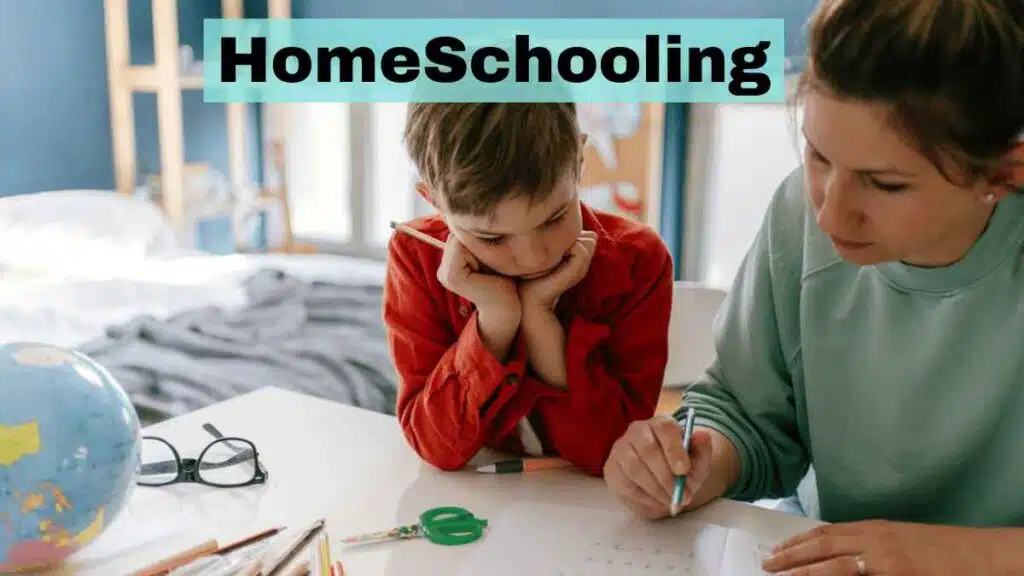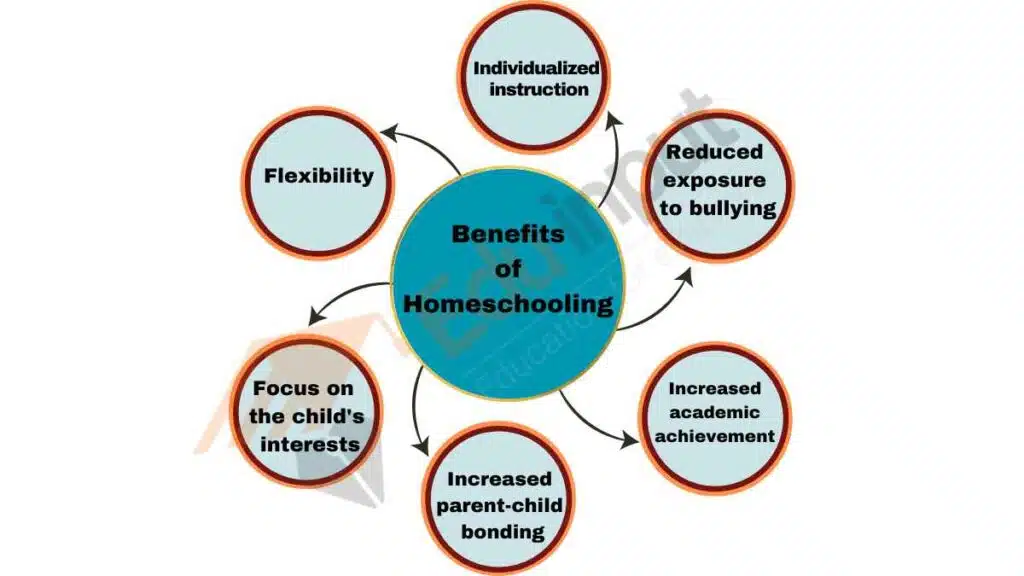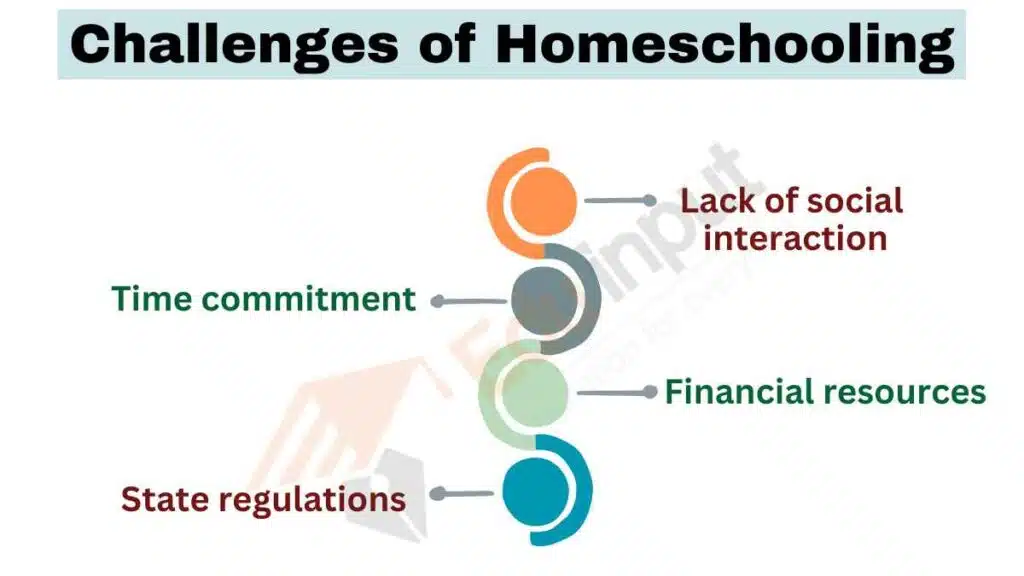Homeschooling – History, Benefits, and Challenges
Homeschooling is an alternative form of education that offers parents more flexibility and individualized instruction for their children. In this modern era, more families are embracing homeschooling as an alternative to traditional schooling, seeking a tailored and personalized experience for their children’s academic growth.

In this article, we will discuss the concept of homeschooling, its history, the legal status of homeschooling, and the different benefits and challenges associated with this unique educational approach.
What is Homeschooling?
Homeschooling is the practice of educating children at home, away from a traditional school system. Parents or guardians take the role of educators and design a customized curriculum to suit the child’s individual learning needs and interests.
Homeschooling allows for a more personalized and flexible learning experience compared to conventional schools.
History of Homeschooling
Homeschooling has been around for a long time, going back many centuries to ancient civilizations. Even famous historical figures were sometimes taught at home. In the 19th century, homeschooling became more popular in the United States and Europe. People liked it because they were worried that regular schools had strict and one-size-fits-all education.
In the 1960s and 1970s, the modern homeschooling movement began to take shape. Advocates for homeschooling believe it can provide a more nurturing and individualized learning environment.
Over the years, homeschooling continues to evolve, with advancements in technology playing a significant role in supporting homeschooling families.
Benefits of Homeschooling
Homeschooling offers several benefits, including:

Flexibility
Parents can adapt the learning schedule to fit the child’s unique learning style, pace, and interests. With the freedom to choose when and how to teach, you can create a dynamic learning environment that encourages exploration and curiosity.
Individualized instruction
Parents can customize the curriculum to suit their child’s strengths, weaknesses, and learning preferences. By focusing on their specific needs, you can ensure that your child grasps each concept thoroughly, fostering a strong academic foundation.
Focus on the child’s interests
Parents can tailor the curriculum around the child’s interests and passions. This approach not only enhances their enthusiasm for learning but also allows for interdisciplinary connections, making education more meaningful and relevant.
Increased parent-child bonding
Homeschooling can strengthen the bond between parents and their children. As you actively engage in their education, you create a nurturing and supportive environment that fosters open communication and trust.
Reduced exposure to bullying
Homeschooling provides a safe and nurturing environment, shielding children from the negative social interactions that can occur in schools. This promotes a positive self-image and emotional well-being, allowing your child to focus on their studies without fear or anxiety.
Increased academic achievement
Research has shown that well-structured homeschooling can lead to academic excellence. With personalized attention, a focus on individual progress, and ample opportunities for in-depth learning, homeschooled children often achieve higher academic outcomes.
Challenges of Homeschooling
While homeschooling offers many advantages, it also comes with some challenges, including:

Lack of social interaction
Homeschooled children may have fewer opportunities to interact with peers from diverse backgrounds, potentially impacting their social development. However, proactive efforts can bridge this gap by organizing regular meet-ups, group activities, and involvement in community programs.
Additionally, joining homeschool co-ops or participating in extracurricular clubs can provide valuable socialization experiences for your child.
Time commitment
Homeschooling requires a significant time commitment from parents or guardians, as they take on the role of educators, mentors, and facilitators. Crafting a well-structured daily schedule and setting clear boundaries can help balance educational responsibilities with other aspects of family life.
Involving other family members or homeschooling support networks can also lighten the load and create a collaborative learning environment.
Financial resources
Homeschooling can sometimes be financially demanding, with the need to invest in educational materials, resources, and activities. However, cost-effective options such as online educational platforms, public library resources, and shared learning materials within homeschooling communities can alleviate the financial burden.
Furthermore, focusing on experiential learning and utilizing everyday opportunities can make homeschooling more budget-friendly.
State regulations
Navigating the legal requirements and regulations surrounding homeschooling in India can be complex, necessitating thorough research and compliance. It is crucial to understand the specific laws applicable in your state or region and keep abreast of any updates or changes.
Connecting with local homeschooling associations or legal experts well-versed in education laws can provide valuable guidance and ensure a smooth homeschooling journey.
Overcoming the Challenges
Overcoming these challenges requires careful planning and dedication, but the rewards are immeasurable. Here are some strategies to ensure a successful homeschooling experience:
Networking and Support
Join homeschooling support groups or online communities to connect with other homeschooling families. Sharing experiences, resources, and ideas can provide valuable insights and encouragement on this educational path.
Curriculum Flexibility
Take advantage of the flexibility homeschooling offers by tailoring the curriculum to suit your child’s interests and learning style. Integrating hands-on projects, educational games, and real-world experiences can make learning engaging and enjoyable.
Field Trips and Community Involvement
Enrich your child’s learning journey through field trips to museums, parks, historical sites, and local businesses. Engaging with the community fosters a deeper understanding of the world and its diverse cultures.
Continuous Learning and Growth
As a parent-educator, embrace continuous learning to stay abreast of educational trends, teaching methodologies, and subject knowledge. Attend workshops, conferences, or online courses that enhance your teaching skills and enrich your child’s learning experience.
Homeschooling is a unique and personalized educational approach. Before deciding on homeschooling, parents should thoroughly research their state’s laws, carefully weigh the advantages and disadvantages, and consider their child’s individual needs and learning style.
Homeschooling can be a fulfilling and enriching experience for both parents and children when approached with dedication, creativity, and a commitment to fostering a love for learning.



Leave a Reply